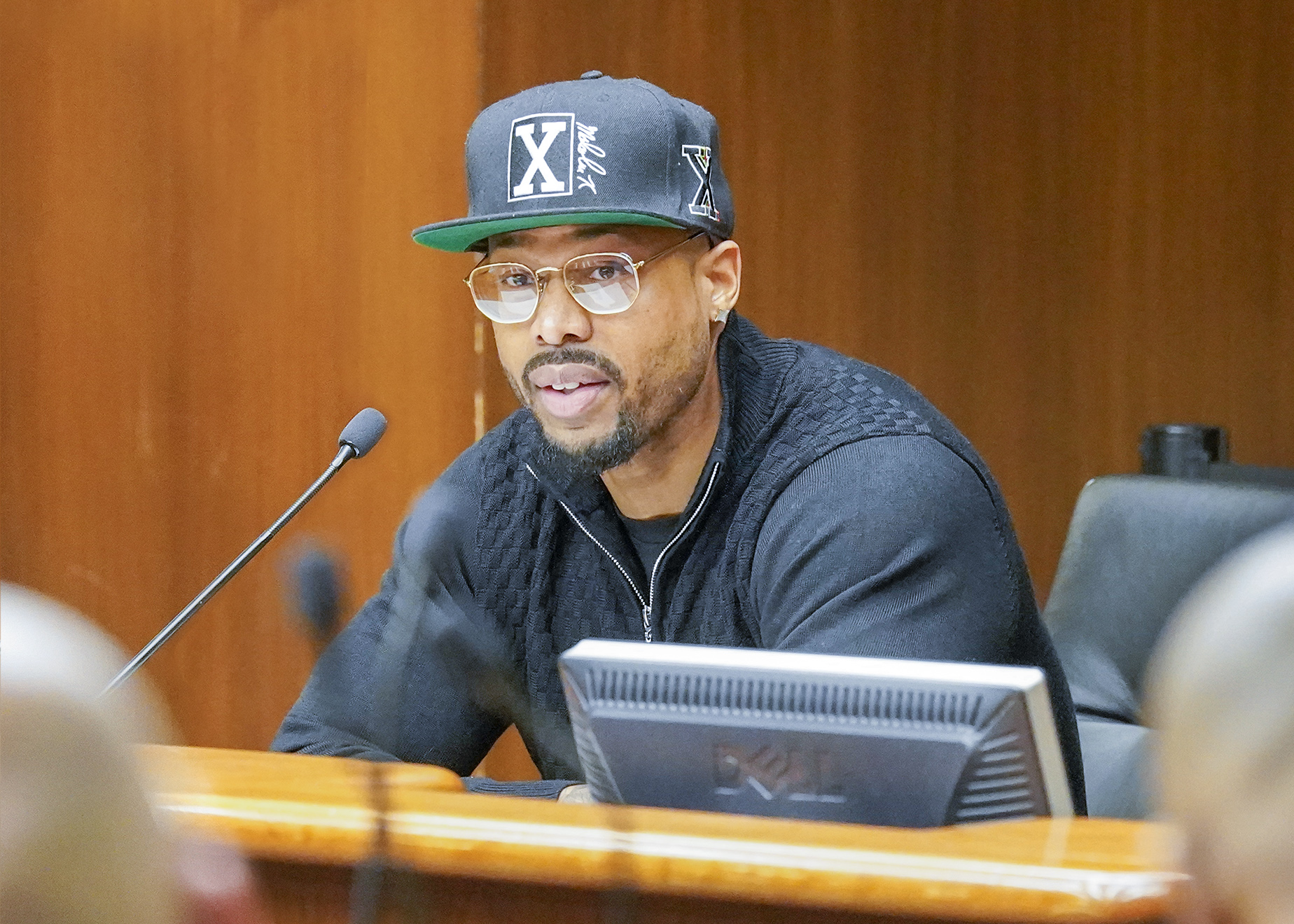MN voters could get vote on amendment to remove exception allowing slavery as criminal punishment from state constitution

Slavery is outlawed in Minnesota, right?
The answer, surprisingly, is no, says Rep. Dave Pinto (DFL-St. Paul).
He said most Minnesotans would be as surprised as he was to learn that Article 1, Section 2 of the Minnesota Constitution states: “There shall be neither slavery nor involuntary servitude in the state otherwise than as punishment for a crime of which the party has been convicted.”
Pinto sponsors HF93 to remove the exception that allows slavery or involuntary servitude as a punishment for a crime. And he wants to do it via a constitutional amendment put forth to state voters.
“It’s important that we have this statement of principle as we move toward having everybody to be recognized for their full humanity,” he said.
The House Public Safety Finance and Policy Committee approved the bill Tuesday and sent it to the House Judiciary Finance and Civil Law Committee.
Antonio Williams said he experienced involuntary servitude while incarcerated in Minnesota prisons from 2006 to 2020, earning between 25 cents and 50 cents an hour in prison industries.
“It is very hard to find someone who did that amount of time and didn’t do any prison industry labor,” said Williams, who founded T.O.N.E. U.P. Enterprises after his release.
At the Stillwater prison, he says he labored in outdoor garages “in sweltering heat and the bitter cold.”
If he refused to work in prison, he said administrators would take away some of his privileges such as time at the gym, and visits and phone calls with his loved ones.
“The degrading humiliation that comes with prison labor is not just about being stripped of those human rights,” he said. “It’s also about literally being stripped, naked, sometimes in front of other prisoners and randomly searched for contraband.”
“Those who are incarcerated are still people with basic rights,” The Center for Victims of Torture said in a statement. “Coercive, degrading, or abusive labor practices undermine our democracy and criminal legal system, in addition to preventing the rehabilitation of people who are incarcerated.”
The bill has bipartisan support.
“We should not be forcing people to work on behalf of other people against their will,” said Rep. Walter Hudson (R-Albertville).
Rep. Paul Novotny (R-Elk River) asked whether eliminating the constitution’s slavery or involuntary servitude exception would affect the Department of Correction Sentencing to Service Program, a sentencing alternative for courts that puts selected nonviolent offenders to work on community improvement projects.
Corrections Commissioner Paul Schnell said the handful of other states that have similarly amended their constitutions have not seen any significant changes to these types of programs.
Related Articles
Search Session Daily
Advanced Search OptionsPriority Dailies
Speaker Emerita Melissa Hortman, husband killed in attack
By HPIS Staff House Speaker Emerita Melissa Hortman (DFL-Brooklyn Park) and her husband, Mark, were fatally shot in their home early Saturday morning.
Gov. Tim Walz announced the news dur...
House Speaker Emerita Melissa Hortman (DFL-Brooklyn Park) and her husband, Mark, were fatally shot in their home early Saturday morning.
Gov. Tim Walz announced the news dur...
Lawmakers deliver budget bills to governor's desk in one-day special session
By Mike Cook About that talk of needing all 21 hours left in a legislative day to complete a special session?
House members were more than up to the challenge Monday. Beginning at 10 a.m...
About that talk of needing all 21 hours left in a legislative day to complete a special session?
House members were more than up to the challenge Monday. Beginning at 10 a.m...